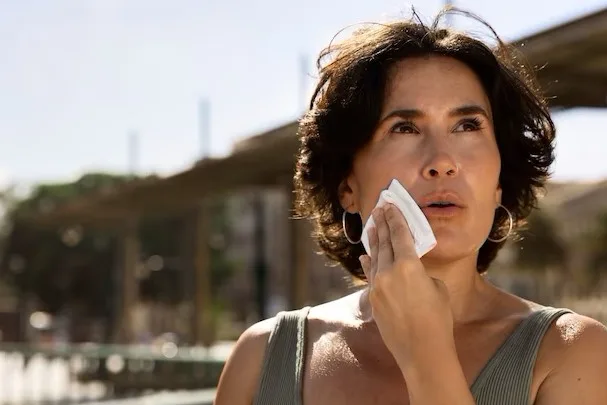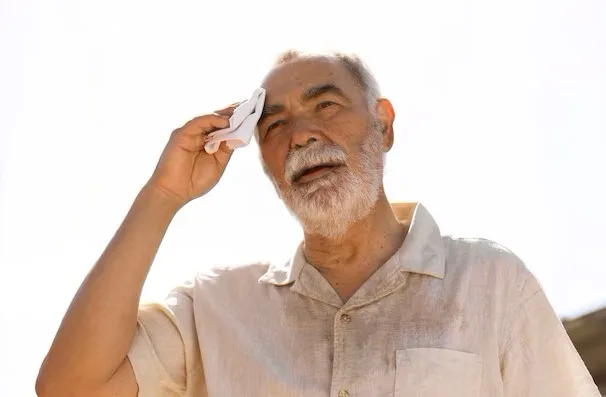In recent years, heat waves have drawn worldwide attention due to their devastating effects on human health and the environment.
Historical records reveal that heat waves have occurred throughout human history. The most recent are the European heat wave of 2003 and the heat waves recorded in India in 2015.
There’s no denying that extreme heat waves can be hard to endure. it is therefore crucial to take the necessary precautions to preserve your well-being and that of your loved ones.

Preventative Measures: Staying Safe During Heat Waves:
- Stay hydrated: Adequate hydration is paramount during a heat wave. Drink plenty of water, even if you are not thirsty. Opt for cold drinks while avoiding excess caffeine and alcohol, as they can lead to dehydration.
- Seek indoor relief: When the sun is at its peak, limit your exposure by staying indoors in air-conditioned spaces. If you don’t have access to air conditioning, consider visiting public places like libraries, malls, or community centers that offer cooler environments. If air conditioning is not available, make sure you have access to shaded areas or use fans to circulate the air.
- Dress appropriately: choose lightweight, loose fitting, light colored clothing made from breathable fabrics such as cotton. These help promote airflow and allow your body to regulate its temperature more efficiently.
- Protect yourself from the sun: Apply sunscreen with a high sun protection factor (SPF), wear a wide-brimmed hat and use sunglasses to protect your eyes from harmful UV rays.
Plan your activities wisely: Limit your outdoor activities to the cooler times of the day, such as early morning or evening, and avoid strenuous exercise in hot weather.
Check vulnerable people: Keep in touch with elderly relatives, neighbors or friends and make sure they have access to cool places.
Recognize heat-related illnesses:
Heat waves pose significant risks to human health, especially to vulnerable populations such as the elderly, children, and people with pre-existing health conditions. Impacts can range from heat exhaustion and heat stroke to worsening cardiovascular and respiratory disease.
- Heat Cramps: These are painful muscle cramps that often occur in the legs or abdomen due to excessive sweating. Move to a cooler place, rest, and lightly stretch the affected muscles. Drink clear juice or a sports drink with electrolytes to replenish lost minerals.
- Heat Exhaustion: Symptoms include profuse sweating, weakness, dizziness, headache, and nausea. Move to a cool place, loosen clothing and cool the body with damp towels or mist. Sip water or a sports drink and seek medical attention if symptoms worsen or persist.
- Heat Stroke: A serious illness characterized by high body temperature (above 103°F or 39.4°C), rapid pulse, confusion, slurred speech, seizures and loss of consciousness. Immediately call emergency services, move to a cooler location, and cool the body with ice packs or wet towels until help arrives.

Provide First Aid:
- When a person shows signs of heat illness, act quickly but calmly.
- Move the affected person to a shady or air-conditioned place.
- Loosen their clothing and remove unnecessary diapers.
- Cool the person’s body with cold compresses, wet towels or a light mist from a spray bottle.
- Offer sips of water if he is conscious, but do not force him to drink if he is unable to swallow or is unconscious.
- Monitor their breathing and heart rate while waiting for medical assistance.
For a day, we must prioritize our safety and well-being. By following these practical tips, you can deal effectively with extreme heat waves. Remember that prevention is key, so stay hydrated, seek refuge indoors, live wisely.
Keep cool!

